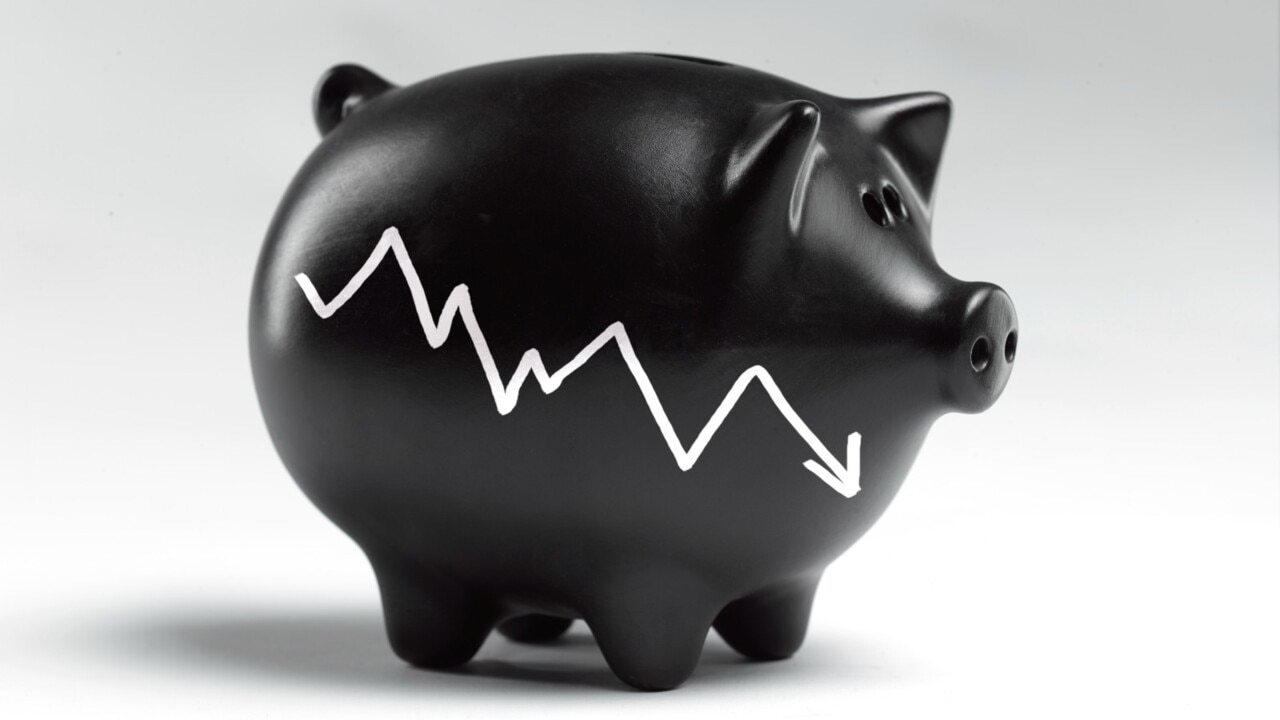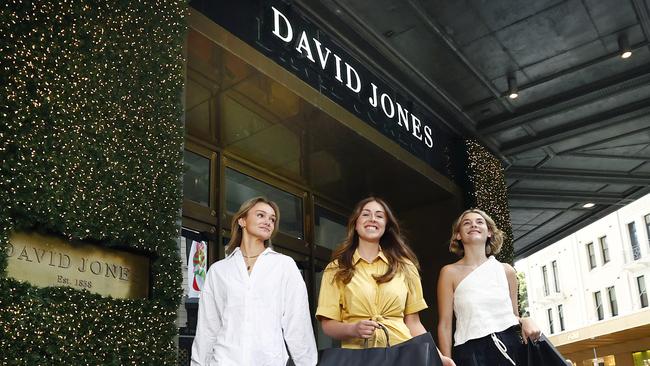Charter Hall hit by $1.9bn valuation falls as rate hikes bite
The manager has cut values across its $72bn portfolio as commercial real estate gets tougher.

Property funds manager Charter Hall has been slugged by a $1.9bn hit to its property valuations as the commercial real estate market comes under pressure as interest rates are hiked.
The company, which has grown into the country’s largest property manager, now estimates its holdings will sit at $72bn at the end of June after writing down the value of assets in its funds by about 2.8 per cent.
The hit reflects the rise in interest rates, which lowers the values at which properties are held, and also the shift in the market against some office buildings and assets that have long leases.
These are more vulnerable to interest rate changes and in areas like the hot industrial market cannot benefit from the short-term rise in rentals.
But Charter Hall remains committed to building new offices, which it says will set the agenda for the next property cycle. It is developing a new tower at Sydney’s famed Chifley complex, and is also building an Amazon headquarters tower in Melbourne.
The hit comes as the property industry is already dealing with even lower valuations coming through on property sales. In Sydney, Dexus offloaded a tower for a 17 per cent discount, which shook the market.

Charter Hall said that about 98 per cent of all its properties had been independently valued and there was a net valuation decline of $1.9bn. The group said as a result of both transactions and $1.2bn of development spending, its overall funds were expected to be sitting at about $72bn at the end of June.
The hardest hit area was the company’s holdings of long leased retail assets, which dropped in value by 7.8 per cent in the past six months. Its other shopping centres fell by 2.5 per cent, and the group’s office portfolio was down by 3.7 per cent.
But other areas, including the industrial logistics portfolio, which lifted by 0.1 per cent, and the social infrastructure holdings, which were up by 0.8 per cent, increased. Overall, the platform held properties on a capitalisation rate of 4.8 per cent.
The listed funds affected include the Charter Retail REIT, which had a 5.6 per cent fall in valuations on both its convenience retail and long-leased retail assets. The Charter Hall Long WALE REIT had a 9.3 per cent dip in net tangible asset backing as capitalisation rates used to value properties increased.
Moelis traders said the fund’s gearing was 37.1 per cent on a look-through basis and that it would be pushing 40 per cent-plus now.
“Childcare remains the safe haven in the current environment given demand and government funding increases,” Moelis said. “Risk to the downside remains for Charter Hall as it gets harder to raise capital and management/performance fees start to recede.”
Charter Hall shares fell 9c to $10.79 on Thursday compared with a modest lift in the broader S&P/ASX 200 index. Citi analyst Suraj Nebhani said valuation declines across the REITs are slower than anticipated by the listed market, and also smaller than what is implied in the share price.
Mr Nebhani said that the Long WALE REIT had seen large unexpected declines. This property type is made of assets including petrol stations, pubs, a few retail assets, including the David Jones site in Sydney and the Myer in Melbourne, as well as a number of Bunnings and other hardware assets.
“We believe read throughs for the sector from Charter Hall’s update highlight pressure on book values, albeit with values falling slower than anticipated, and much lesser than the discounts implied in the share price.”








To join the conversation, please log in. Don't have an account? Register
Join the conversation, you are commenting as Logout